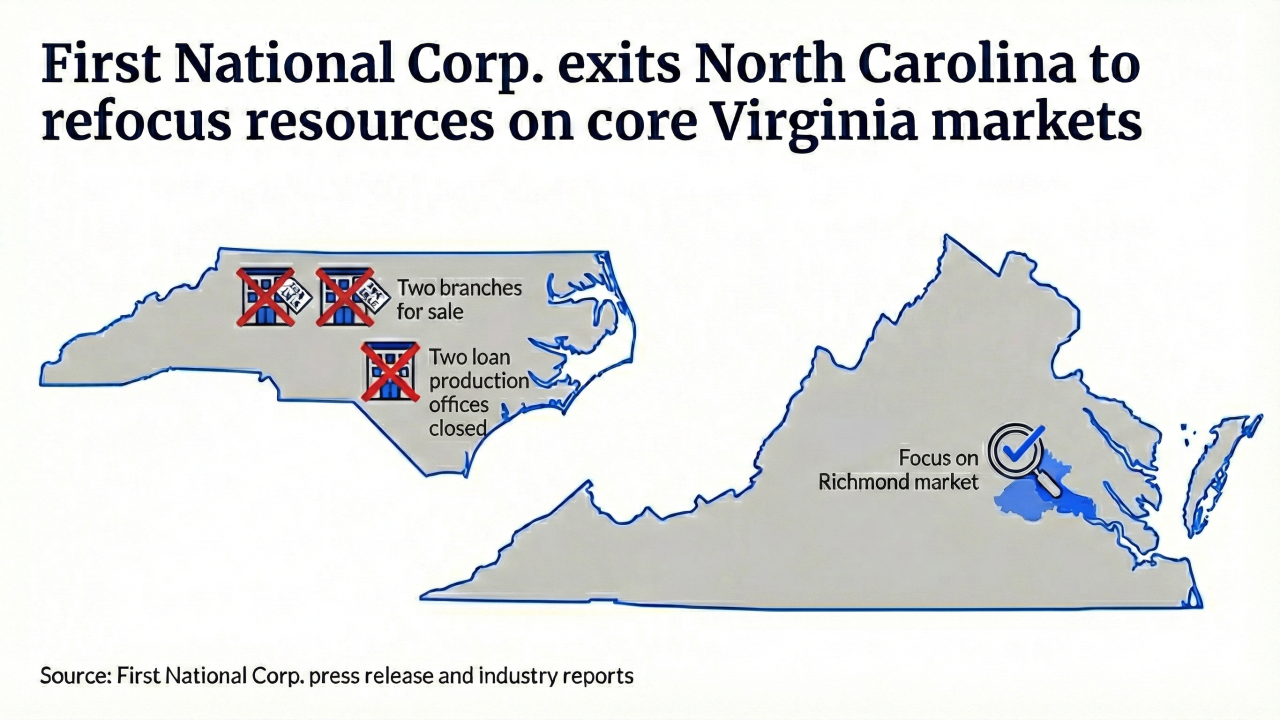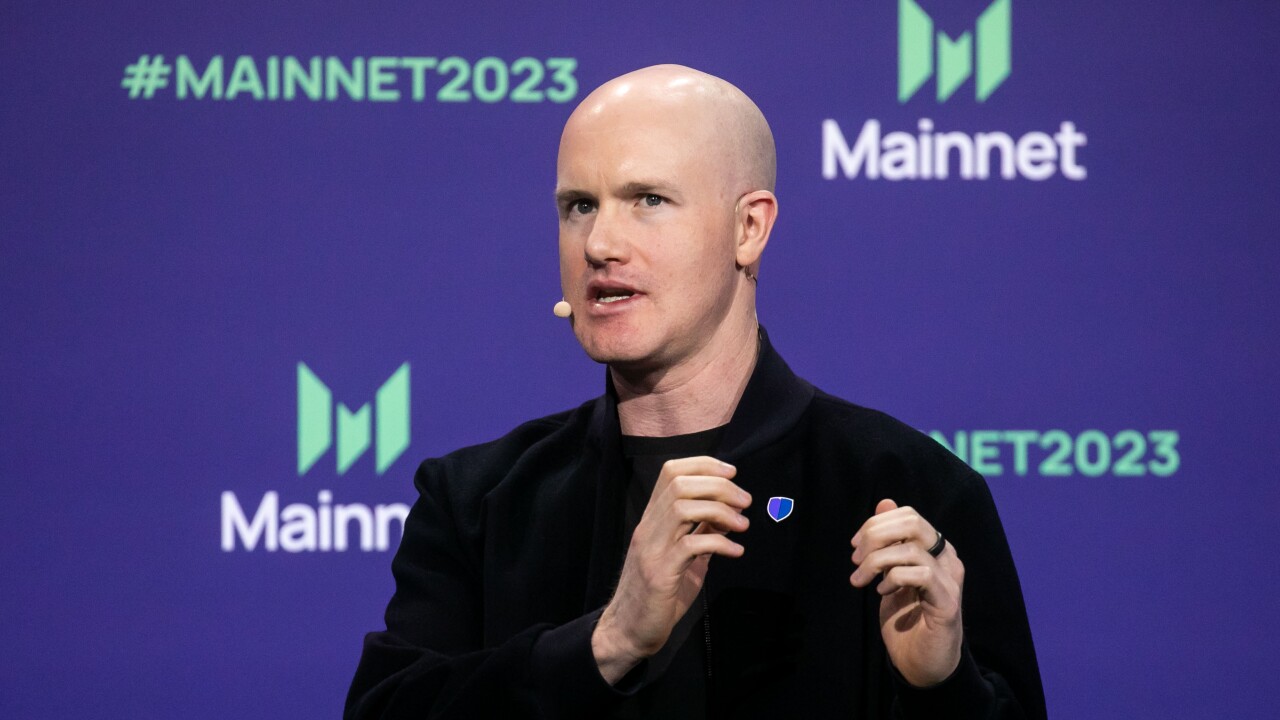WASHINGTON -- With major health care reform legislation all but dead for this year, chances are dimming for enactment of a provision backed by several top senators that would ease curbs on 501(c)(3) bonds, lobbyists said yesterday.
When Congress returns from its summer recess on Sept. 12, it may decide to postpone the entire health care reform issue until next year. If lawmakers take any action at all, they will probably approve a minor bill with only incremental insurance reforms that may have no room for the 501(c)(3) bond provision, the lobbyists said.
"There are a lot of hurdles, and whether they can be cleared remains to be seen," said a lobbyist for private, nonprofit colleges. "I like to be optimistic by nature," he said, adding that it was difficult to remain so given those hurdles.
"I guess they're going to make a run at [enacting health care reform], but it seems almost impossible now" to pass anything, said one hospital industry lobbyist. "I don't think it's going to happen, and if it does, it's just going to be the little stuff."
The bond provision in question would remove the $150 million limit on the amount of tax-exempt bonds that private, nonprofit organizations may have outstanding at any one time. It would also attempt to put 501 (c)(3) bonds more on a par with government bonds by removing some of the private-activity restrictions placed on them by the Tax Reform Act of 1986.
The provision was approved by the Senate Finance Committee in July, and was retained by Senate Majority Leader George Mitchell, D-Maine, in August when he crafted a hybrid measure containing elements of various Senate committee health care reform bills.
The provision has also appeared in some versions of a bill crafted by the so-called mainstream group of moderate senators who recently have been developing an alternative to the Mitchell biB. But the provision is not a pan of the House leadership bill drafted in July by House Majority Leader Richard Gephardt, D-Mo.
Health care reform has become such a politically divisive issue that leaders in both chambers are finding there are not enough votes to pass any of the overhaul proposals produced so far in the House or Senate.
So the leaders could try to pass a much less ambitious bill that would subsidize health care for uninsured low-income workers and would call for certain insurance reforms. For example, the bill would probably eliminate the insurance industry's practice of refusing to insure pre-existing conditions.
"My sense is they are searching for the lowest common denominator, and that would be insurance market reforms and [possibly] a low-income subsidy program," said a lobbyist for local governments. "Whether that is sufficient to garner enough votes is still unclear. The insurance industry may get up in arms if the only focus or the primary focus is on reforming their market."
Micah S. Green, the executive vice president of the Public Securities Association, said it is too soon to tell whether an incremental health care bill will have enough room in it for the 501(c)(3) bond provision.
"It's entirely possible that helping nonprofit institutions finance consolidations, expansions, and mergers is consistent with that incremental approach," Green said. "l just don't know. The dust hasn't settled, and it's just too early to say."
Green cautioned that the bigger question for the provision is whether lawmakers decide to move ahead With any health care bill. "It remains to be seen what direction the administration and the leadership in Congress want to take on the whole health care issue, whether they want to wait till next year for anything, or if they want to make some incremental progress," he said.
Several sources noted that if leaders decided to draft an incremental bill containing only insurance market reforms, there would be no need for a tax section and thus no place for the 501(c)(3) bond provision.
The one bright spot for the provision is that it is championed by a key health care legislator, Senate Finance Committee chairman Daniel Moynihan, D-N.Y.
Whether the bond provision is included in a smaller health care bill "would probably depend on the chairman of the Senate Finance Committee," said a municipal lobbyist. "It depends on what his price is for supporting [the new bill]."
That price may be the inclusion of the bond provision, because "it's way up there on his priority list," the lobbyist said.





